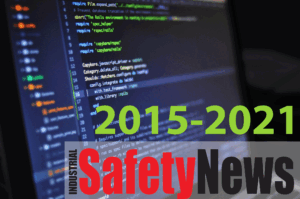Despite this year’s wave of cyber attacks which brought down NZX and a massive digital shift driven by Covid, Kiwis are not adjusting their behaviours around cyber security fast enough, CERT NZ finds
![]()

Research by CERT NZ, the government entity that tracks cyber breaches, found 87 percent of New Zealanders acknowledge security of their personal information online is important but 40 percent say safeguarding their information is inconvenient.
Virtually a third of Kiwis don’t regularly check the privacy settings on their social media accounts. Roughly the same number of people do not use two-factor authentication when logging into an online account, CERT NZ says.
“Even with increasing news reports about security issues such as ransomware, identity theft and hacks, people still do not think it will happen to them or their business,” says NZTech Chief Executive Graeme Muller.
“According to a recent global analysis of hacks and data breaches, it costs three million dollars on average for a company to recover from a successful hack. For most New Zealand companies this would mean the end of their business. So, that is the real impact business owners need to urgently understand.
“Likewise, with personal cyber security. The effect can be devastating from loss of personal data and identity theft, to ransoms and direct monetary loss.
According to CERT NZ’s quarterly data, thousands of Kiwis are subject to cyber blackmail and fraud every year due to their complacency around simple security measures.
The Government even issued a warning to businesses following a campaign of cyber attacks which took down the NZX site for multiple days.
“We should learn a lesson from the DDoS attacks on the NZX and consider cybersecurity strategies more seriously” says the University of Auckland’s Dr Rizwan Asghar.
“We should take a pro-active approach to mitigate cyber attacks instead of following a reactive one, including paying any ransom, which is highly discouraged. Otherwise, determined cyber criminals can target any critical infrastructure that could result in financial and reputation losses.”
NZTech’s advice is to use a password manager, keep your device software up to date and use two factor authentication to dramatically improve your security.
“NZTech is bringing together business and government cyber security professionals for its annual NZ cyber security summit in Wellington next February to help create a more cyber-safe New Zealand,” Muller says.
“Cyber security is like a seatbelt, once you start wearing one you realise how easy it is and how much safer you are.”



